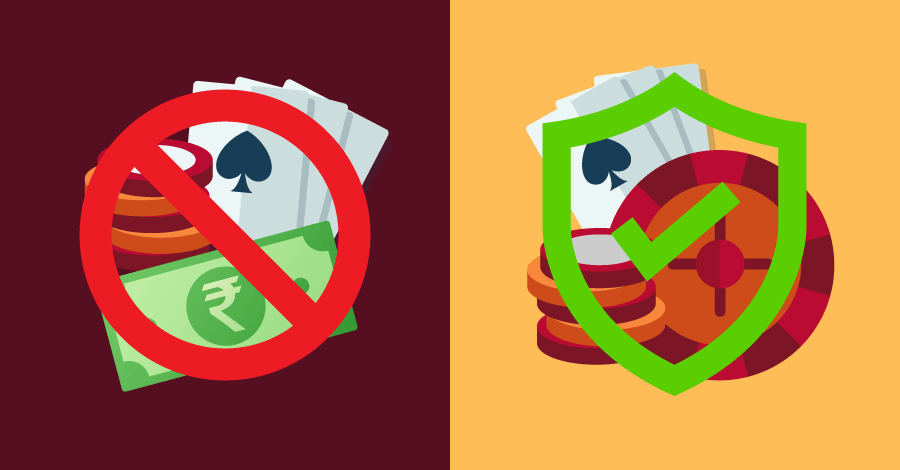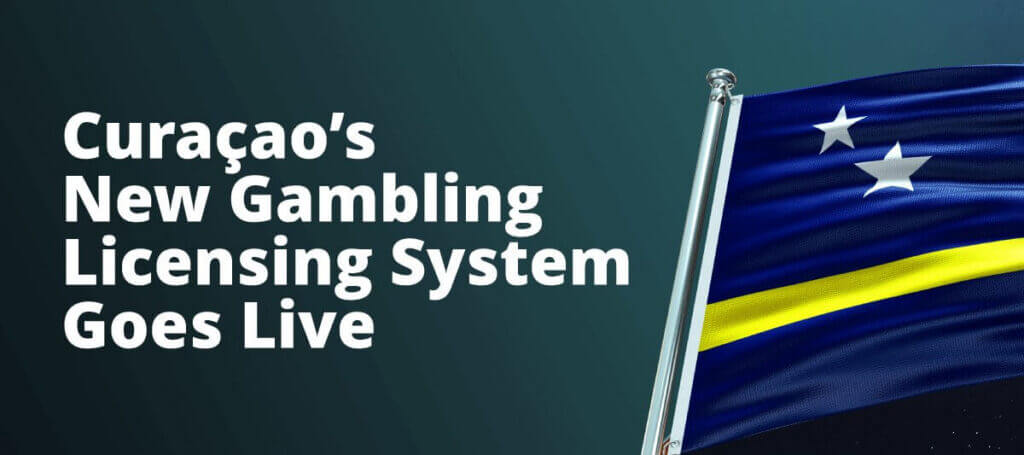Level Up or Shut Down?
When the Indian Parliament passed a bill to ban real-money gaming this August, the country faced a dilemma. India finds itself protecting consumer safety against the future of a blooming digital economy.

Summary
- On 22 August 2025, Indian Parliament passed a bill regarding Promotion and Regulation of Online Gaming Act, which prohibits all real-money games, including fantasy sports and betting.
- Industry-leading players like MPL, Dream11, Rummy Circle, and Gameskraft immediately shut down their paid contests, leading to layoffs and revenue collapse.
- Supporters argue that a well-structured betting mechanism can protect players and, at the same time, support the digital economy.
India’s Online Gaming Act 2025 — What happened and why it matters
India’s Parliament enacted an Online Gaming Act in August 2025, prohibiting any online game involving real money, such as fantasy cricket and card games. It further empowered the regulators to block websites, platforms, prevent transactions, and issue penalties, including imprisonment and heavy fines.
The main goal of this act was to limit gambling addiction, financial fraud, and the exploitation of young people. Yet with India’s gaming sector valued at ₹33,000–₹66,000 crore ($3.7 billion by 2028), the sudden ban wiped out revenues for top players like MPL, Dream11, and Gameskraft, leading to thousands of jobs cut, triggering concerns about digital growth, state revenues, and investor sentiments.
The Debate Over Bans vs. Regulation
The main perspective behind India’s Online Gaming Act is clear—limiting addiction, preventing fraud, protecting vulnerable players, and social harm. Industry leaders argue that an outright ban risks doing more harm than good. As per industry reports, India’s gaming market was one of the fastest-growing in the world, enabling thousands of jobs and creating a massive growth in the digital economy. Drishti IAS noted,
“A more balanced regulatory approach focusing on regulation rather than outright prohibition would effectively address these issues while fostering the continued growth of the industry.”
This reflects a broader belief that structured oversight may provide safeguards without banning the entire online gaming sector.
Industry leaders have echoed the same concerns. Junglee, the Indian arm of Flutter, cautioned that strict restrictions could push players to offshore websites where no accountability exists. The company’s chairman said the ban “might push users toward unregulated markets lacking consumer protection and economic contributions.” Such websites neither follow any Indian law nor pay any taxes. This can push consumers to much high risk and can deprive the government of significant revenue. These warnings highlight the core dilemma: Indian govt is seeking to protect its citizens, but complete prohibition may unintentionally erode both safety and economic stability.
Why Regulated Betting Could Work
A well-regulated structure for fantasy sports and betting could provide consumers with both protection and economic value.
- Licensed systems with strict age checks, fraud monitoring, deposit limits, and fraud-monitoring systems can reduce gambling addiction risks and financial crime.
- Tax revenue from online games involving real money it was taxed at 28% GST previously, later raised to 40%. It can definitely add billions into education, mental health, or digital infrastructure.
- Legal framework, well-regulated operators offer safer alternatives to underground offshore platforms that operate beyond oversight.
- Encouraging innovation and foreign investment can make our legal system more transparent to draw international funding, and end up strengthening India’s digital economy.
Conclusion
The Online Gaming Act 2025 was introduced as a protective measure, but its complete ban on real money gaming has already caused major losses to India’s economy. While the act has already started shaping the gaming industry, its long-term effect more or less depends on whether policymakers adjust it to balance protection with innovation. As court battles and the government revisit the policy, the question remains the same, whether India will change its approach to keep players safe yet competitive in the online gaming sector.
At the end, the country stands at a crucial point: either it can go ahead with a strict ban resulting in negative side effects or move towards a regulated model that protects players while supporting economic growth.






